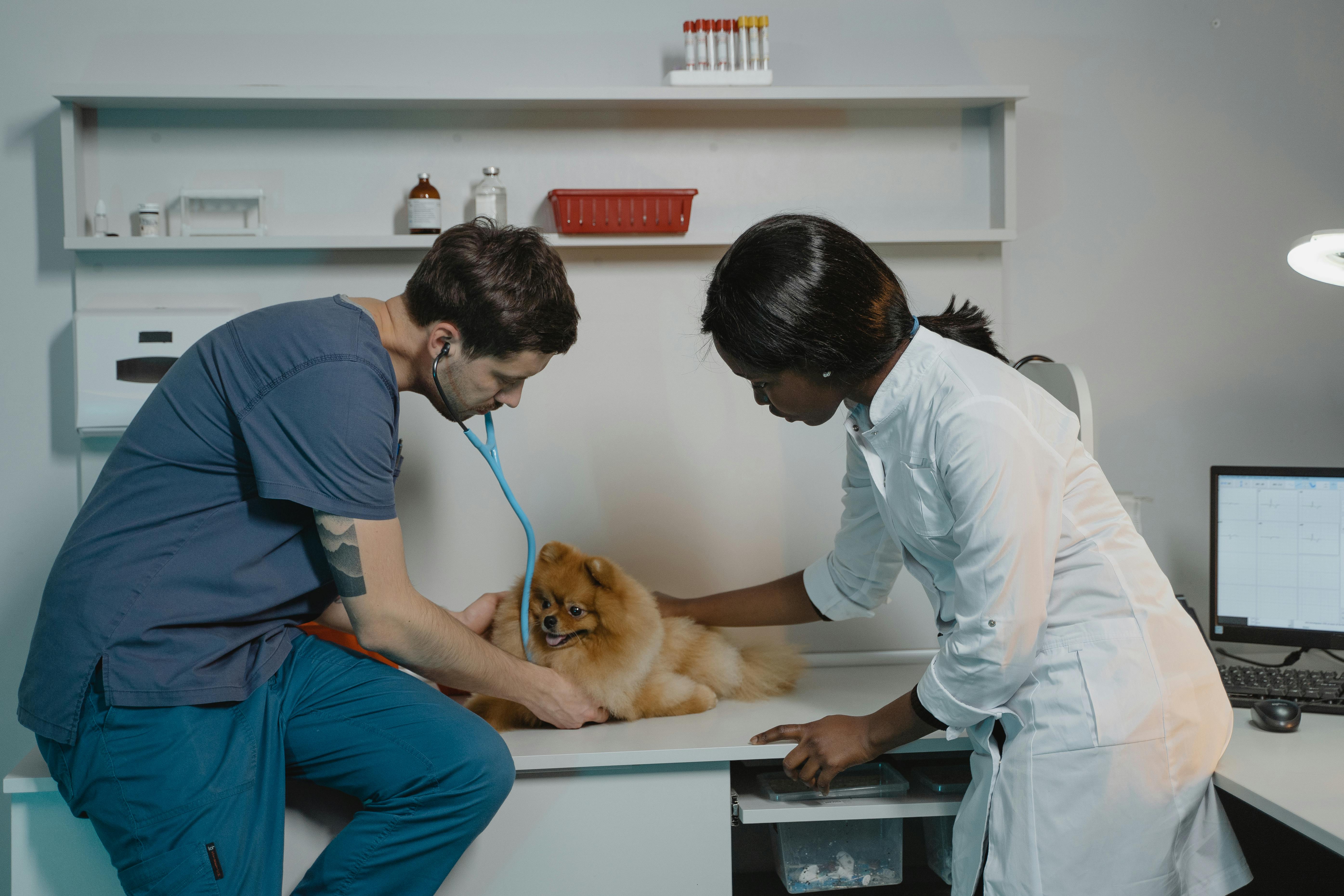As a veterinarian, you are not just a caregiver to animals; you're also an entrepreneur managing a small business. Whether you're looking to expand your practice, invest in new equipment, or manage cash flow during lean periods, securing the right financing is crucial. Small business loans tailored for veterinarians can provide the necessary capital to achieve your goals and take your practice to the next level. In this article, we will explore everything you need to know about small business loans for veterinarians.
Understanding the Need for Small Business Loans
Running a veterinary practice comes with its own set of challenges. From purchasing expensive medical equipment to hiring skilled staff and managing overhead costs, there's a constant need for capital. Additionally, unexpected emergencies or seasonal fluctuations in revenue can further strain finances. Small business loans offer a lifeline by providing veterinarians with access to the funds needed to navigate these challenges and capitalize on opportunities for growth.
Types of Small Business Loans for Veterinarians
- Traditional Bank Loans: Traditional bank loans offer competitive interest rates and terms for established veterinary practices with strong credit histories. These loans typically require collateral and a detailed business plan.
- SBA Loans: The U.S. Small Business Administration (SBA) offers several loan programs specifically designed for small businesses, including veterinarians. SBA loans feature low down payments, longer repayment terms, and favorable interest rates, making them an attractive option for practice expansion or acquisition.
- Equipment Financing: Veterinary practices rely heavily on specialized equipment to provide quality care to animals. Equipment financing allows veterinarians to purchase or lease equipment without tying up their working capital. This type of loan is secured by the equipment itself, making it easier to qualify for, even for newer practices.
- Line of Credit: A business line of credit provides veterinarians with flexible access to funds for day-to-day expenses, emergencies, or unexpected opportunities. Unlike a traditional loan, a line of credit allows you to borrow only what you need, when you need it, and you only pay interest on the amount borrowed.
- Invoice Financing: Veterinary practices often deal with delayed payments from insurance companies or clients. Invoice financing, also known as accounts receivable financing, allows veterinarians to obtain immediate cash by selling their unpaid invoices to a third-party lender at a discount.
Factors to Consider When Applying for a Small Business Loan
- Credit Score: Lenders evaluate your creditworthiness based on your personal and business credit scores. Maintaining a good credit score is essential for securing favorable loan terms.
- Business Plan: A well-crafted business plan demonstrates your vision for the practice and how you plan to utilize the loan funds. It should include financial projections, market analysis, and strategies for growth.
- Collateral: Depending on the type of loan, lenders may require collateral to secure the loan. This could include business assets, real estate, or personal guarantees.
- Cash Flow: Lenders assess your practice's cash flow to determine its ability to repay the loan. Providing detailed financial statements and projections can strengthen your loan application.
- Lender Options: Explore different lenders, including traditional banks, online lenders, and credit unions, to find the best fit for your financing needs. Each lender may have different eligibility criteria and loan terms.
Benefits of Small Business Loans for Veterinarians
- Business Growth: Whether you're expanding your practice, opening a new location, or investing in marketing efforts, small business loans provide the capital needed to fuel growth initiatives.
- Improved Cash Flow: Access to working capital through loans can help veterinarians manage day-to-day expenses, cover payroll, and bridge gaps during slow periods.
- Competitive Advantage: Investing in state-of-the-art equipment or facility upgrades can enhance the quality of care you provide and differentiate your practice from competitors.
- Tax Benefits: In some cases, the interest paid on business loans may be tax-deductible, reducing your overall tax liability.
- Financial Security: Having access to emergency funds can provide peace of mind and help veterinarians navigate unexpected challenges, such as equipment breakdowns or unforeseen expenses.
Conclusion
Small business loans play a vital role in helping veterinarians achieve their business goals and thrive in a competitive industry. Whether you're a new practice looking to get off the ground or an established clinic seeking to expand, understanding the various loan options available and selecting the right financing solution can set you on the path to success. By leveraging small business loans wisely, veterinarians can unlock growth opportunities and improve patient care. Crestmont Capital can help you with your financing needs to build a sustainable practice for years to come. Contact us today!











